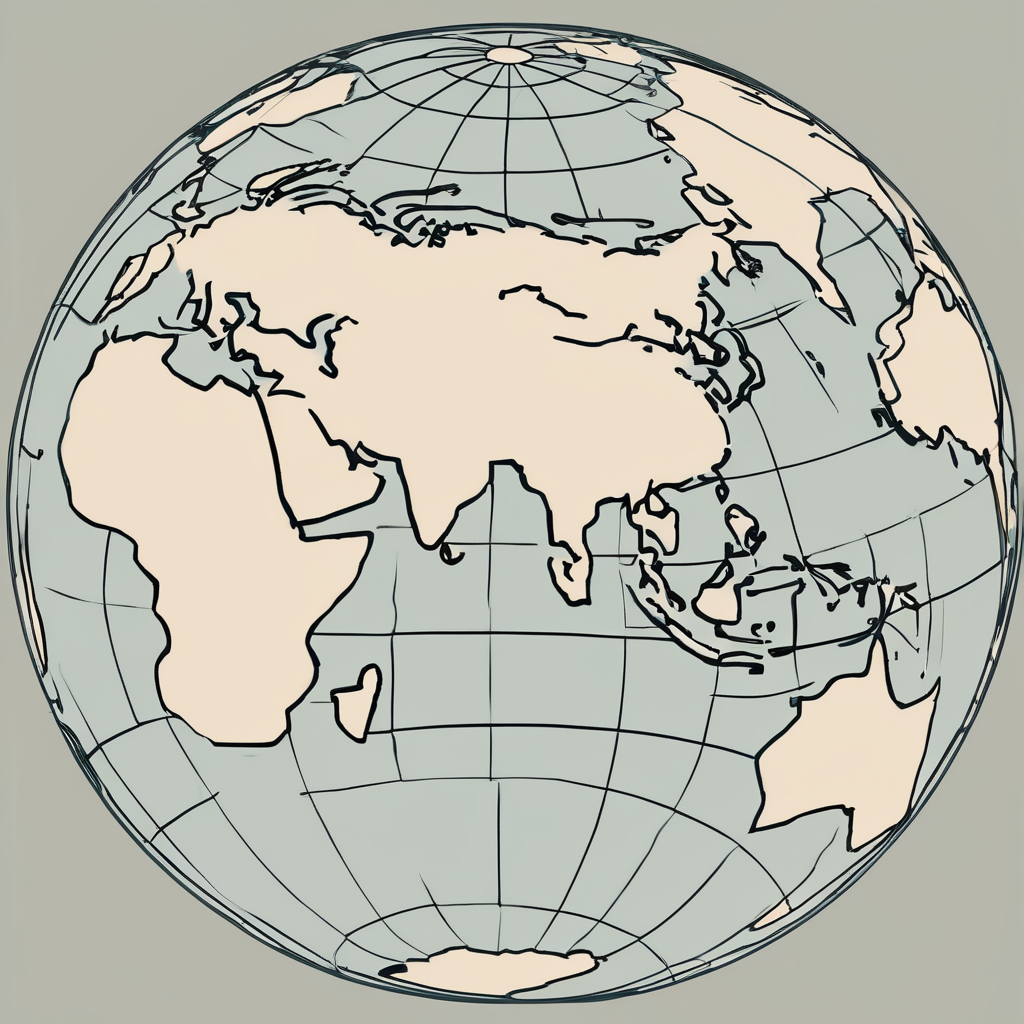U.S. President Donald Trump is embarking on a significant diplomatic tour of Asia, focusing on key economic and geopolitical matters. This week, he is scheduled to meet with Chinese President Xi Jinping during the Asia-Pacific Economic Cooperation (APEC) summit in South Korea on October 30. The discussions are expected to address the ongoing trade tensions between the two largest economies, especially in light of the recent surge in tariffs.
Trump’s journey will begin in Malaysia, where he will participate in the Association of Southeast Asian Nations (ASEAN) summit and sign a new trade agreement. He is also expected to facilitate a peace accord between Thailand and Cambodia, an effort that could enhance his image as a peacemaker and potentially bolster his chances for a Nobel Peace Prize nomination.
Next, Trump will head to Japan for a meeting with the newly elected Prime Minister Sanae Takaichi, the first female prime minister of Japan. Given Japan’s relative immunity from the tariffs imposed on other nations, this meeting presents a critical opportunity to strengthen bilateral trade ties.
The highlight of Trump’s trip will take place in South Korea, where he will engage with President Lee Jae Myung. Their discussions will likely focus on economic collaboration and security concerns, especially in light of the trade challenges affecting U.S.-South Korea relations. Observers are particularly attentive to the meeting with Xi, as there is hope that it might lead to de-escalation of the trade war, especially considering recent tensions regarding China’s control over rare earth minerals.
In a positive turn of events, Trump has expressed a desire for a comprehensive agreement with Xi on various platforms and suggested that Xi could influence Russian President Vladimir Putin towards resolving the ongoing conflict in Ukraine.
While the meetings generate anticipation, analysts urge caution, indicating that immediate breakthroughs may not be forthcoming. They suggest that these discussions could help to stabilize trade relations rather than bring about drastic changes instantly.
Furthermore, during his visit, Trump may receive the Grand Order of Mugunghwa, South Korea’s highest honor, signifying the nation’s aim to maintain a strong relationship with the unpredictable U.S. leader.
Amid these significant discussions, North Korea remains a pertinent topic, particularly in light of recent missile launches. Speculation is growing regarding the possibility of Trump arranging another meeting with North Korean leader Kim Jong Un, with the hope of fostering dialogue to alleviate tensions on the Korean Peninsula.
In this atmosphere of vital diplomacy, there is optimism that ongoing negotiations may contribute to a more stable economic landscape both regionally and globally.
